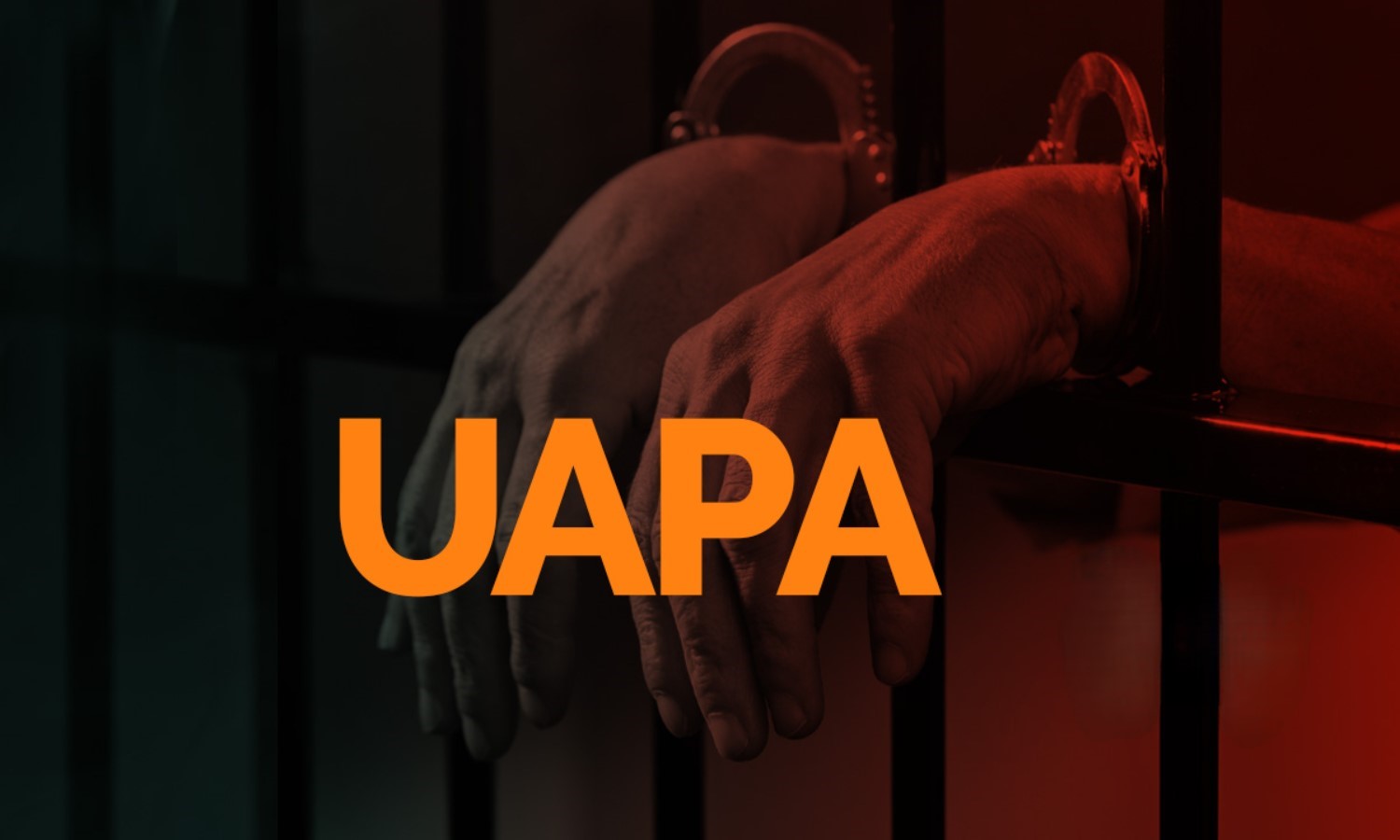The tribunal also said that the outfit cannot take refuge behind the UN resolutions of 1948 or any international treaty.
New Delhi: An association in Jammu and Kashmir cannot be permitted to blatantly indulge in secessionist activities and cannot ague that seeking a plebiscite does not amount to unlawful activity under Unlawful Activities (Prevention) Act (UAPA), a tribunal has ruled while confirming the Union home ministry’s ban on Muslim League Jammu Kashmir, which is led by separatist leader Masarat Alam Bhat (MLJK-MA).
The tribunal also said that the outfit cannot take refuge behind the UN resolutions of 1948 or any international treaty for the purpose of its unlawful activities. “The said UN resolution is in a peculiar historical context and susceptible to various interpretations,” the tribunal consisting of Justice Sachin Datta at the Delhi high court has said.
To be sure, the tribunal passed its judgment on June 22, but it was made public by the ministry of home affairs (MHA) on Monday evening.
The ministry had banned the organisation on December 27,2023, saying it was involved in anti-national and secessionist activities in J&K, supporting terrorist activities, and inciting people to establish Islamic rule in the state. To adjudicate the ban, a tribunal was set up at the Delhi high court on January 24. The tribunal conducted a hearing and heard representations by the Indian probe and intelligence agencies, and lawyers of MLJK-MA.
According to Indian agencies, Masarat Alam Bhat is known for his anti-India and pro-Pakistan propaganda. He became the chairman of the hardline faction of the Hurriyat Conference following the death of Syed Ali Shah Geelani. He has been in jail since 2010 for his alleged involvement in violent protests in the Kashmir valley.
During the hearings before the tribunal, the outfit claimed that “since its inception in 2008 to the present day, MLJK-MA has maintained its status as a purely political entity, and has never indulged in or propagated violent or militant means of resistance”.
It further argued that its “core mission has revolved around implementing the resolution passed on January 5, 1949 by the United Nations Commission for India and Pakistan, which advocated for a plebiscite to determine the accession of the J&K to either India or Pakistan”. The outfit submitted that “seeking a plebiscite does not amount to an unlawful activity within the meaning of section 2(1)(o) of the UAPA.
Appearing for the Central government, additional solicitor general of India, Aishwarya Bhati argued that “advocating right of self-determination is nothing but camouflage and a facade to advocate secessionism and cessation of part of the territory of Union of India”.
Bhati further argued,“Had the intention of organization was to bring political reform in the territory of Jammu and Kashmir while it being a part of India, it would not have advocated plebiscite as per UNCIP since the territory of J&K is integral part of India as per Article 1 read with Schedule I of Indian Constitution. The only natural corollary of demand of plebiscite is to have secession of territory of J&K from India so that it can merge with Pakistan,” Bhati said in her arguments before the tribunal.
Agreeing with the government, the tribunal ruled that MLJK-MA is by definition an “unlawful association” as defined in the UAPA. “The association in J&K cannot be permitted to blatantly indulge in secessionist activities or activities inimical to the territorial integrity of India and claim legal immunity on account of such actions. There is simply no warrant or basis either in UAPA or in the Constitution for claiming such immunity,” the tribunal said in the order.
On the demand for plebiscite, the tribunal said, “The contention on behalf of MLJK-MA that seeking a plebiscite does not amount to an unlawful activity within the meaning of section 2(o) of the UAPA, is thoroughly misconceived.”
“The demand for a so-called plebiscite is nothing but a devise or a mechanism to undermine the territorial integrity of India and to encourage secession of part of the territory of India. The attempt on the part of the association to legitimise the same cannot be countenanced in law. Moreover, the views that may have been expressed by authors/political personalities in the years immediately following the Independence, cannot impart any legal basis to propagate secessionism. There is no gainsaying that the sovereignty and territorial integrity of India is inviolable; the same cannot be rendered violable in the guise of any demand for a so-called plebiscite or the like,” the judge said.
The tribunal under justice Datta, which heard the proceedings related to ban on another Kashmir-based organisation – Tehreek-e-Hurriyat (TeH), confirmed the move. The TeH was formed by separatist leader Syed Ali Shah Geelani in 2004, currently being headed by Amir Hamza Shah. It was banned by MHA on December 31. Source




